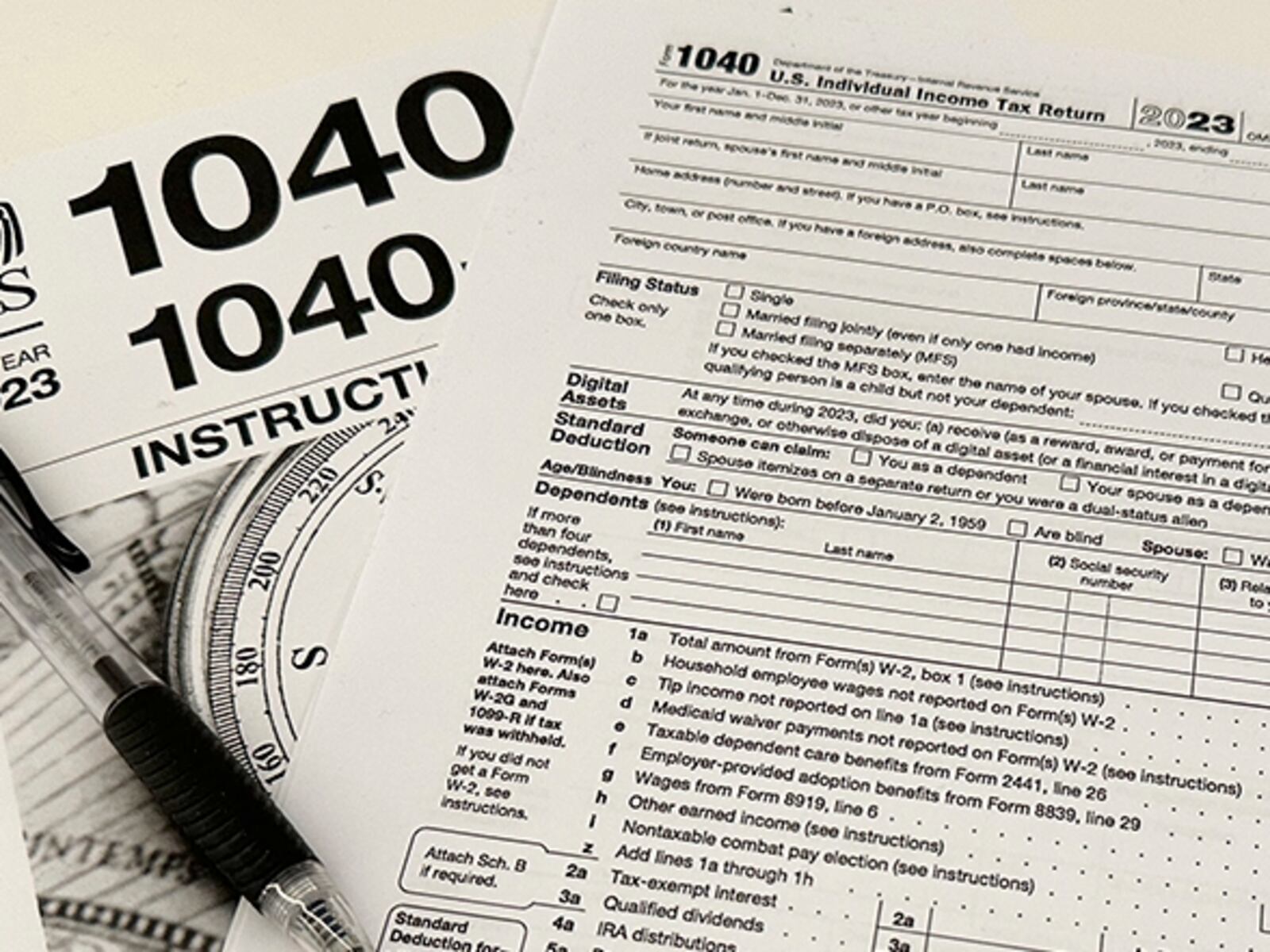Business
IRS Phases Out Paper Check Refunds, Embraces Electronic Payments

The Internal Revenue Service (IRS) has officially begun phasing out paper check refunds, marking a significant shift in how taxpayers will receive their returns. Moving forward, refunds will predominantly be issued through direct deposit or other electronic payment methods. This change is part of a broader initiative to streamline operations, enhance security, and reduce costs associated with processing paper checks.
In a statement, the IRS emphasized the advantages of this transition, stating, “This marks the first step of the broader transition to electronic payments.” Taxpayers can expect detailed guidance for the upcoming 2025 tax returns to be published before the 2026 filing season begins. Until then, existing forms and procedures for filing taxes will remain unchanged.
During the 2025 tax filing season, the IRS issued over 93.5 million tax refunds to individual income tax filers. Remarkably, 93% of these refunds, amounting to nearly 87 million, were processed via direct deposit. The agency noted that only 7% of taxpayers opted for paper checks last season, underscoring a growing preference for electronic transactions.
Transitioning to Electronic Refunds
The shift away from paper checks aims to protect taxpayers and expedite the refund process. Electronic payments are not only faster but also reduce the risks associated with mailing checks. For those without bank accounts, alternatives such as prepaid debit cards and digital wallets will provide additional access options, making refunds more accessible.
Taxpayers who traditionally receive refunds via paper checks are encouraged to prepare for this transition ahead of the next tax season. The IRS advises individuals to verify their banking information or consider opening a free or low-cost bank account to facilitate the electronic refund process.
This move towards electronic payments aligns with a broader trend in financial services, where security and efficiency have become paramount. The IRS’s decision reflects changing consumer behaviors and the increasing adoption of digital banking solutions in everyday transactions.
As the transition progresses, taxpayers can expect a smoother, more secure process for receiving their refunds, reinforcing the IRS’s commitment to modernizing its operations.
-

 Science2 months ago
Science2 months agoUniversity of Hawaiʻi Joins $25.6M AI Project to Monitor Disasters
-

 Business2 months ago
Business2 months agoForeign Inflows into Japan Stocks Surge to ¥1.34 Trillion
-

 Top Stories2 months ago
Top Stories2 months agoBOYNEXTDOOR’s Jaehyun Faces Backlash Amid BTS-TWICE Controversy
-

 World2 months ago
World2 months agoBoeing’s Merger with McDonnell Douglas: A Strategic Move Explained
-

 Top Stories2 months ago
Top Stories2 months agoCarson Wentz Out for Season After Shoulder Surgery: Urgent Update
-

 Entertainment2 months ago
Entertainment2 months agoSydney Sweeney Embraces Body Positivity Amid Hollywood Challenges
-

 Top Stories2 months ago
Top Stories2 months agoMarc Buoniconti’s Legacy: 40 Years Later, Lives Transformed
-

 Lifestyle2 months ago
Lifestyle2 months agoKelsea Ballerini Launches ‘Burn the Baggage’ Candle with Ranger Station
-

 Health2 months ago
Health2 months agoInnovative Surgery Restores Confidence for Breast Cancer Patients
-

 Sports2 months ago
Sports2 months agoSteve Kerr Supports Jonathan Kuminga After Ejection in Preseason Game
-

 Entertainment2 months ago
Entertainment2 months agoZoe Saldana Advocates for James Cameron’s Avatar Documentary
-

 Science2 months ago
Science2 months agoChicago’s Viral ‘Rat Hole’ Likely Created by Squirrel, Study Reveals









